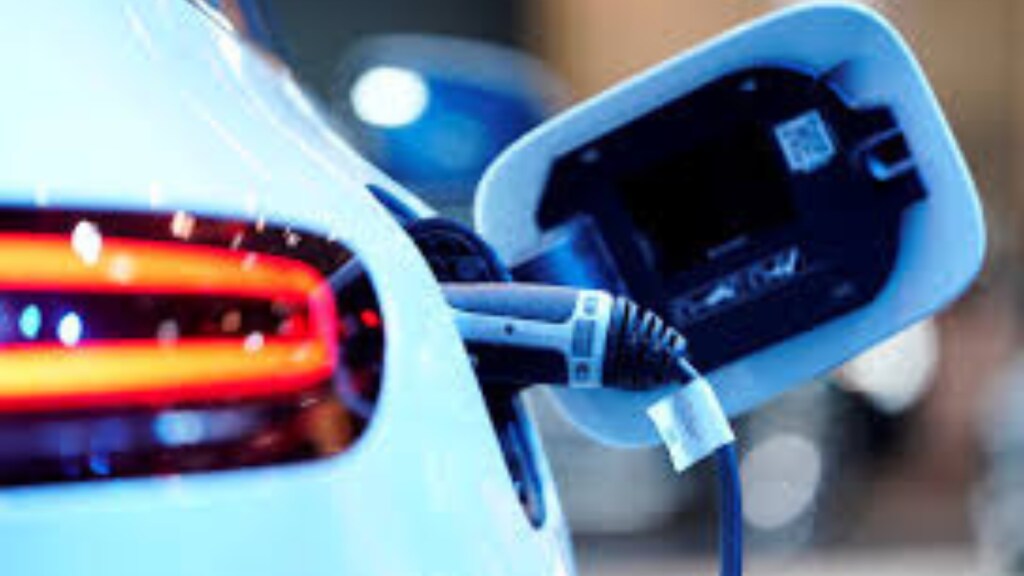The Uttar Pradesh government has taken a sensible step by grouping hybrid passenger vehicles with electric ones for concessions like no registration charge. A similar concession was earlier granted by the West Bengal government to compressed natural gas-run vehicles. Since electric vehicles (EVs) were already getting this benefit in UP since 2022, the choice before the consumers to go for environment-friendly cars will widen and so will the competition among manufacturers.
However, more than the reduction of prices of environment-friendly vehicles, what’s important is that the government — both at the Centre and states — should maintain an equidistant approach with regard to technologies in any area, and solely concentrate on meeting policy objectives. A technology-agnostic approach in policy-making ensures that the government does not get dragged into any intra-industry squabbles. In this regard, lessons should be drawn from telecom, where corporate fights over GSM and CDMA technologies did much harm to the sector. By the time a technology-agnostic approach was adopted much damage had already been done.
The auto sector is seeing a similar situation with a raging debate on EVs vs hybrids. So the best course for the government is to bring about a parity in terms of incentives it provides to vehicles that pollute less. If the objective is to reduce reliance on petrol and diesel cars, all technologies that fulfill the objectives of emission control and reduced fossil fuel consumption should be given similar incentives. The duty structure now is, however, loaded heavily in favour of EVs with hybrid vehicles being taxed along the lines of petrol and diesel ones. While 5% goods and services tax (GST) is levied on EVs with no additional compensation cess, on hybrid vehicles the levy is 28%, with a compensation cess that can be between zero and 15%, taking the total tax payable to 43%. Such a wide gap in taxation is not prevalent anywhere in the Western world where the range of differential taxation is a maximum 6%. In fact, in Europe, the tax differential (value added tax and carbon tax) between an internal combustion engine and a hybrid vehicle is only 1% as VAT is the same. It is similar in Japan too.
While the GST on vehicles is the remit of the GST Council, what UP has done is to waive off registration charge to level the field to an extent. It is expected that other states may also follow suit. Maruti chairman RC Bhargava told this newspaper that India cannot achieve carbon neutrality by relying solely on EVs as 75% electricity in the country continues to be generated through coal. For achieving carbon neutrality, the share of coal-based electricity needs to go below the 50% mark. Till that happens, the government needs to develop and promote all alternative sources of energy such as hybrid, ethanol, and bio-gas, rather than only EVs.
A technology-agnostic approach of the government is all the more necessary because the industry is divided on the matter. While Tata Motors and Mahindra and Mahindra are leading EV players who have ruled out launching hybrid vehicles, Maruti and Toyota are focusing on hybrid and plan to gradually launch EVs. As the government is close to presenting the Budget it should seize the opportunity by announcing its intent to promote all technologies. The GST Council will surely do its bit following this. Meanwhile, state governments should ensure that they unveil equitable measures as UP has done.


